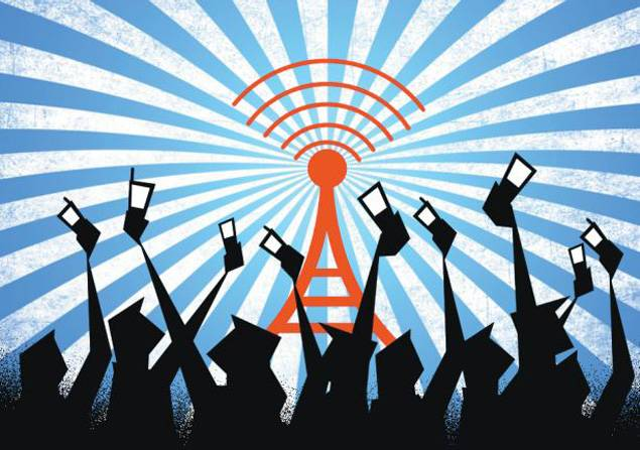How Internet Connectivity Improves People’s Lives in Developing Countries
Internet connectivity can help to improve access to information, opportunities, and services, and can contribute to the overall well-being and development of communities in developing countries, including:
- Education: Internet connectivity can provide access to a wealth of educational resources, including online courses, educational videos, and other materials. This can help to improve the quality of education and expand opportunities for learning, especially for people in remote or underserved areas.
- Employment: Internet connectivity can help people in developing countries to find and apply for jobs, as well as connect with potential employers and clients. It can also enable people to start and run their own businesses, providing a source of income and economic opportunities.
- Health: Internet connectivity can provide access to health information and resources, including telemedicine services, which can improve access to healthcare and lead to better health outcomes.
- Communication: Internet connectivity can help people to stay connected with friends and family, and to access news and information from around the world. It can also facilitate the exchange of ideas and facilitate collaboration with others.
- Political participation: Internet connectivity can provide a platform for people to engage in political discourse and participate in the democratic process, helping to promote transparency and accountability in governance.
How SADC Government Cybersecurity Laws Impact Human Rights
It is now axiomatic that the mass diffusion of the internet and its ancillary digital technologies have created an alternative space for the widespread and ‘unrestricted’...
Apply Now: $800,000 for IPv6 Deployment in the Asia Pacific Region
IPv6 address space is a public resource that must be managed in a prudent manner for the long-term interests of Internet access. Responsible address space management...
12 Ways to Manage Digital Risks to Refugee Community Connectivity
Connectivity initiatives, which entail the provision of internet and mobile access, can positively impact the lives of crisis-affected people, especially refugees,...
Surprise! Skilled Young Men Benefit Most from 3G Mobile Internet Access
Enabling universal access to the internet is deemed as a critical step towards achieving prosperity in developing countries.The digital landscape in Sub-Saharan...
Apply Now: $300,000 for Your Open Source Internet Freedom Initiatives
In the COVID-19 era, connectivity is a necessity. Virtually all human activities – business, education, healthcare, politics, socializing – have moved...
6 Ways Asia Pacific Countries Can Use LEO Satellites for Internet Access
Satellite communication plays a necessary role in the global connectivity ecosystem, connecting rural and remote populations, providing backhaul connectivity to...
Principles for Driving the Digital Inclusion of Persons with Disabilities
Around 15 per cent of the world’s population, or an estimated one billion people are persons with disabilities. Persons with disabilities are at a disadvantage...
4 Ways Civil Society Can Improve Digital Security Practices
Over the past two decades, journalists and activists have become dependent on the internet and digital platforms for communications, organisation, and the amplification...
Closing the Mobile Phone Disability Gap in Developing Countries
The GSMA Assistive Tech programme learned through previous research that mobile phones have the potential to be a life changing technology for persons with disabilities....
Apply Now: $70,000 Seed Funding for Your Internet Access Ideas
The COVID-19 pandemic significantly exacerbated the already profound implications of having 3.7 billion unconnected people across the globe. Unconnected populations...










